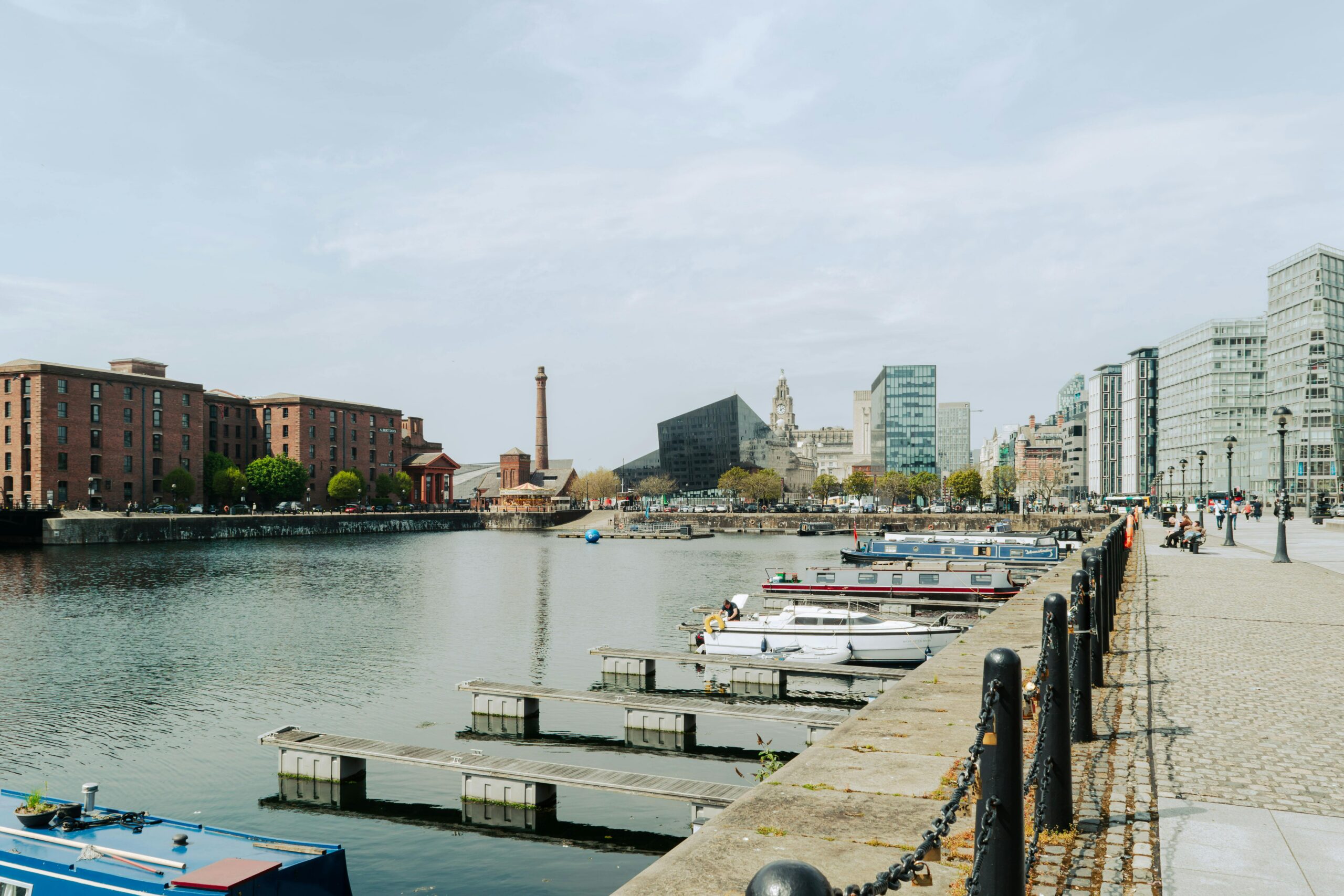Finance Minister Clyde Caruana will unveil the national Budget for 2024 live in Parliament on Monday evening (tonight), in a televised address expected to take around two-and-a-half hours.
The Budget speech is expected to focus on supporting domestic demand in the face of growing concerns about the cost of living, balanced against the need to keep Government spending in check to avoid further growing the national debt.
Since his appointment, Minister Caruana has presided over uniquely challenging times for Malta and the global economy, being forced to navigate through no shortage of crises, from the COVID-19 pandemic and the near-shutdown of one of Malta’s most important economic sectors – tourism – to the ensuing supply chain disruptions and the fallout from Russia’s invasion of Ukraine, which threw energy markets into disarray and prompted unprecedented subsidies to maintain Malta’s competitiveness and domestic consumption.
The global security situation remains fraught, with no end in sight for the Ukraine-Russia war and an eruption of violence in the Mediterranean between Israel and the Palestinian group Hamas.
Further complicating matters are European and Maltese efforts to implement large-scale changes meant to address the climate crisis while upgrading digital infrastructure to meet future needs.
Meanwhile, local employers report that the supply of adequate labour remains limited, with several sectors demanding reforms that can facilitate the recruitment of workers from outside the EU and European Economic Area (known as Third Country Nationals).
This third Budget speech also comes amidst growing cost of living concerns locally, arising from the highest level of inflation seen in generations. Malta has largely been shielded from the effects of a record rise in interest rates by the European Central Bank, while the energy subsidies – requiring an outlay in the region of 10 per cent of the Government Budget – were effective in keeping inflation below the EU average, until recently.
In this respect, Malta, under Minister Caruana’s direction, is pursuing an idiosyncratic strategy to overcome the impacts of inflation. While much of the rest of Europe seeks to bring inflation under control at the expense of growth, Malta has made it clear that growth remains its number one priority.
This is also reflected in the recent decision to increase the minimum wage for the first time in years, over the objections of business representatives who warned that the move may fuel a dreaded wage-price spiral.
Minister Caruana’s relationship with the business world is complicated. As Executive Chairman at JobsPlus, the state employment agency, he is credited with the formulation of an employment policy and national strategy for growth that contributed to the economic boom experienced over the last years.
However, he has also taken a tough stance on taxation, boosting the state’s collection mechanisms and going after those with pending dues to the taxman.
In the run-up to this Budget, the Minister has also made it clear that businesses should not expect any assistance with rising salary costs, saying that the subsidisation of energy and fuel is enough in terms of Government intervention to mitigate cost pressures. He has also shared his view that much domestic price pressure arises from higher profits, and has gone on the record saying that businesses should expect to make less profits in the short term.
Featured Image:
Finance Minister Clyde Caruana entering Parliament alongisde Speaker Angelo Farrugia to deliver last year’s national Budget / Photo by Jason Borg
Call for trade mission for Malta-based businesses to Wales and Liverpool
Interested parties are invited to e-mail TradeMalta by not later than Tuesday 17th March
Malta sets birth rate growth targets after years of decline
Vision 2050 envisages gradually increasing birth rate from 1.01 to 1.3 by 2035
Wolt Market unveils refreshed identity in Malta
Expanded partnerships with Maltese producers, upgraded fresh food categories, all in vibrant green – Wolt Market marks a new milestone






